Watching Ivano Bonetti’s star-studded Dundee team convinced Martin O’Neill there was more to Scottish football than Celtic and Rangers.
Celtic were in the doldrums when O’Neill replaced Kenny Dalglish at Celtic Park in 2000, looking to break Gers’ stranglehold on the domestic landscape.
Ibrox chairman David Murray famously claimed, a decade earlier, that “for every five pounds Celtic spend we will spend ten” and the onslaught on silverware seemed unstoppable.
Rangers had won the title by 21 points the previous season.
The Light Blues then spent £15.7m to strengthen further during the summer and brought in the likes of Ronald de Boer, Fernando Ricksen, Bert Konterman and Peter Lovenkrands.
A memorable Saturday in Edinburgh
Celtic and Rangers started the season with two wins from two games.
But it was Dundee that were top of the table after winning their first two matches with five goals without reply against Motherwell and Dunfermline Athletic following manager Ivano Bonetti’s colourful overhaul of the playing squad during the summer.
O’Neill went to Easter Road on August 12 to watch Hibernian playing the table-toppers, which was the game which completely altered his outlook on Scottish football.
And he still has the team lines from that match some 22 years on.
Georgian international captain Georgi Nemsadze, Italian left-back Marcello Marrocco and former Juventus defender Marco de Marchi were among those playing for Dundee.
Argentine strikers Juan Sara and Fabian Caballero were up front at Easter Road.
O’Neill told me: “I kept my eye on Scottish football when I was playing with Nottingham Forest because all the top English clubs had a nucleus of Scottish players.
“I played alongside the likes of Dougie Fraser, Tommy Gemmell, Jimmy McIntosh and Peter Cormack and they would be talking about Scottish football in the dressing room.
“By the time I got up to Scotland in 2000, Rangers were dominant under Dick Advocaat, and signing some massively big players like Ronald de Boer from Barcelona.
“But I got the shock of my life when watching one of my first games in Scotland and saw the Dundee line-up and discovered some of the star names that were there!
“I’m talking about the likes of de Marchi, Marrocco, Nemsadze, Caballero and Sara.
“The reason I can reel off those names is because I kept the team sheet from that game!
“The line-up that day was Rab Douglas, Barry Smith, Marco de Marchi, Steven Tweed, Marcello Marrocco, Patrizio Billio, Javier Artero, Georgi Nemsadze, Ivano Bonetti, Fabian Caballero and Juan Sara; unbelievable; and this was before Caniggia arrived!
“I was really taken aback by what I was watching and sometimes I had to do a double take because here was the Georgian captain Nemsadze in midfield.
“How have these players arrived in Dundee?
“That’s no disrespect to Dundee but at that stage they were not the Dundee of the 1960s which won the league and got to the semi-final of the European Cup.
“If you got those players on a good day they could turn you over.
“It made me realise there was more to Scottish football than Celtic and Rangers.”
O’Neill wasn’t looking to bolster his squad when he took his place at Easter Road that August afternoon but what he saw made him get out the chequebook.
Bonetti’s Blues suffered a 5-1 defeat against the home side but two-goal Didier Agathe stood out as did Dundee goalkeeper Rab Douglas despite the scoreline.
“I signed Agathe for £50,000 and Douglas for £1m because of this game,” he said.
“Pound for pound these guys were phenomenal and this game simply emphasised the talent that you could find for a bargain in Scottish football.
“We couldn’t compete with Rangers financially at that stage so I had to be clever.
“One of my first signings was £6m for Chris Sutton after selling Mark Viduka to Leeds United but we made plenty of shrewd signings like Alan Thompson for £2.75m.”
Rangers’ crazy spending continued when Tore Andre Flo arrived from Chelsea for £12m although the most sensational signing that season actually turned up at Dens Park.
Was there a Celtic bid for Caniggia?
Argentine World Cup superstar Claudio Caniggia stunned the footballing world by joining Dundee and proved on a weekly basis that he was still at the top of his game.
Caniggia’s time was up after just one season and he joined Rangers in the summer of 2001 but might he have ended up at Celtic Park instead?
O’Neill said: “Caniggia signing for Dundee was jaw-dropping but he delivered.
“Caniggia was a fine player but as I recall the player and his agent had made it pretty clear that his heart was set on Rangers and it wasn’t worth our while to pursue it.”
That first season saw Celtic win the domestic treble, and, by the time O’Neill left in 2005, he had won three titles, three Scottish Cups and a League Cup.
He also guided the Hoops to the Uefa Cup Final in Seville in 2003, where they came up short in the Spanish city to Jose Mourinho’s Porto.
O’Neill said: “Almost every day at Celtic was an experience.
“Celtic are a huge club, as are Rangers, but look also at a city like Dundee where you have two clubs who both got to a European Cup semi-final in different decades.
“That’s remarkable and you feel a little bit sad that they are no longer at those heights.”
It’s hard to imagine that 60 years ago Dundee were chasing the greatest prize of their lives and achieving some of the most astonishing results in Scottish football history.
The Dark Blues found themselves in the European Cup semi-final in May 1963 but were defeated by an AC Milan side which went on to win the trophy at Wembley.
European Cup wins were stuff of dreams
O’Neill knows a thing or two about the European Cup, having won the famous trophy twice with Nottingham Forest in 1979 and 1980.
“When I was growing up, my heroes were Ferenc Puskas and Alfredo Di Stéfano, before this phenomenal player called George Best emerged in the 1960s,” he said.
“European Cups, I thought, were for people like Puskas, Best and Cruyff, so for Nottingham Forest to win two European Cups is beyond your wildest dreams.
“Then I played in the World Cup in 1982 with Northern Ireland, where we beat Spain in Valencia, which will live long in the memory.
“My biggest regret was being injured for the 1986 World Cup and although management has given me so many highs, it was the playing days you enjoyed most.”
O’Neill managed Aston Villa and Sunderland after leaving Celtic before spending five years alongside Roy Keane as manager of Republic of Ireland.
A short spell at Forest was his last managerial job but is he looking to return?
Might a job in Scottish football even tempt him back?
“I would consider a return to management in future,” he said.
“I loved my time in Scotland – it was a wonderful spell with so many happy memories.
“But I could never see myself managing anyone else in Scotland.
“After what we had at Celtic I think that would be very difficult.”
More like this:
How Dundee’s Ivano Bonetti era was ended 20 years ago with a single sentence
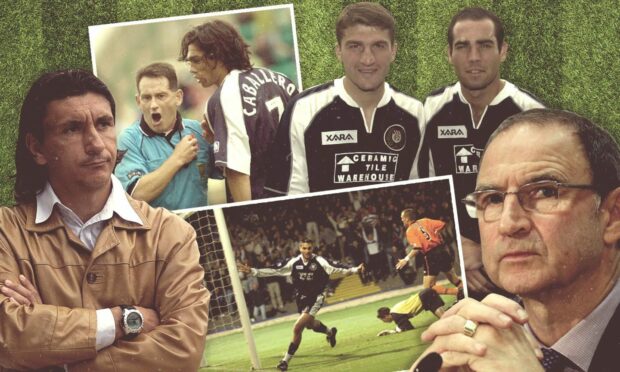
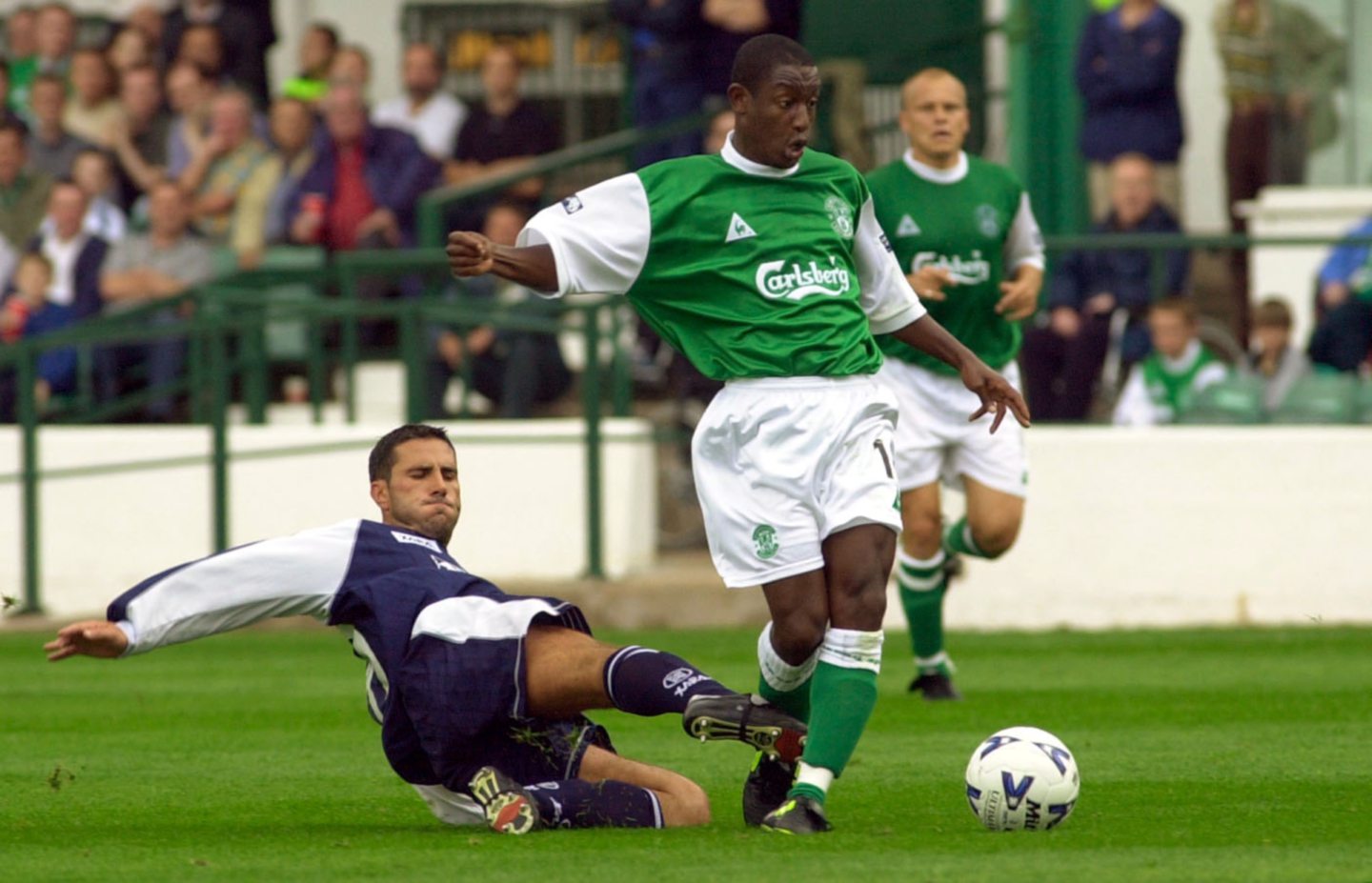
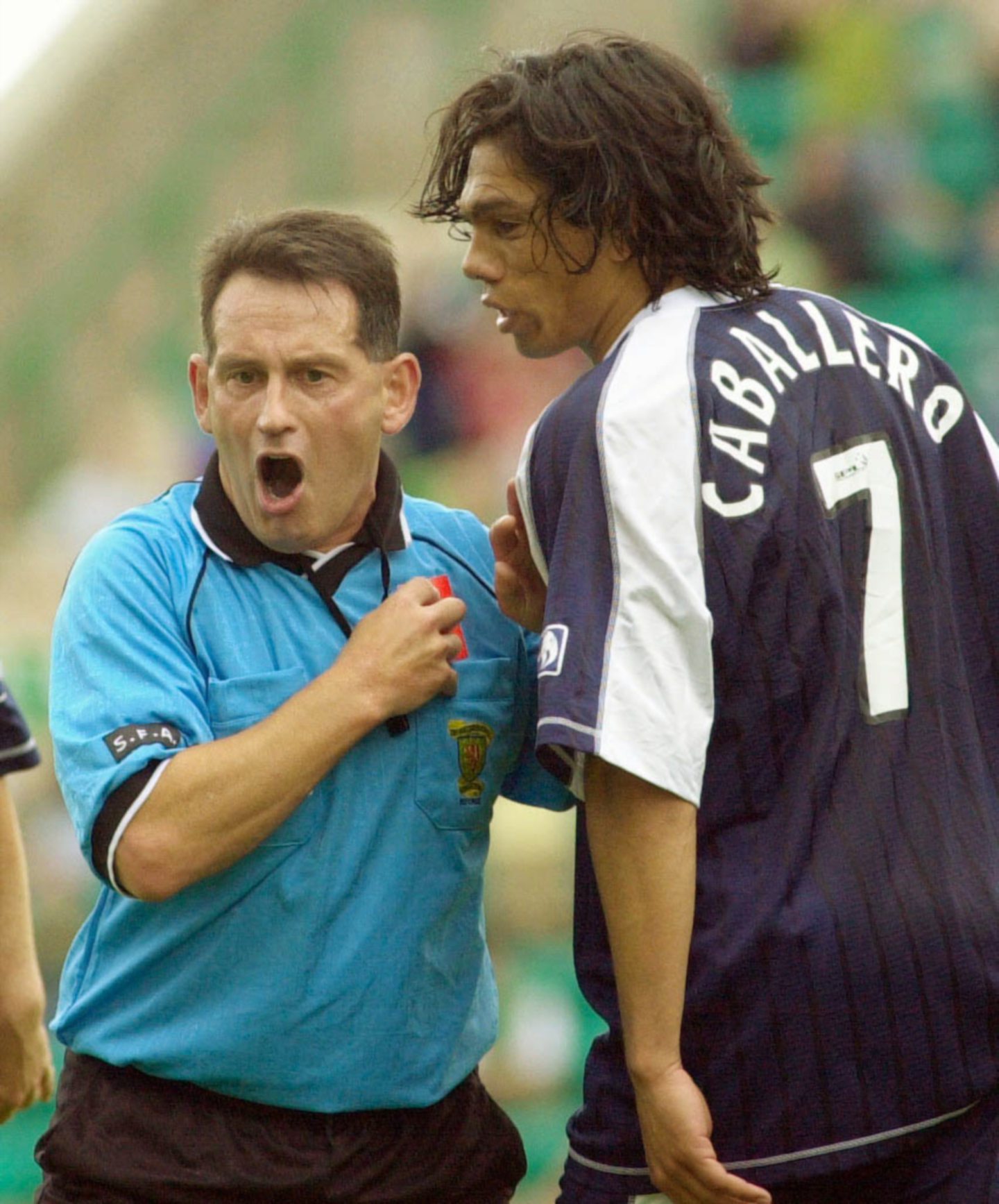

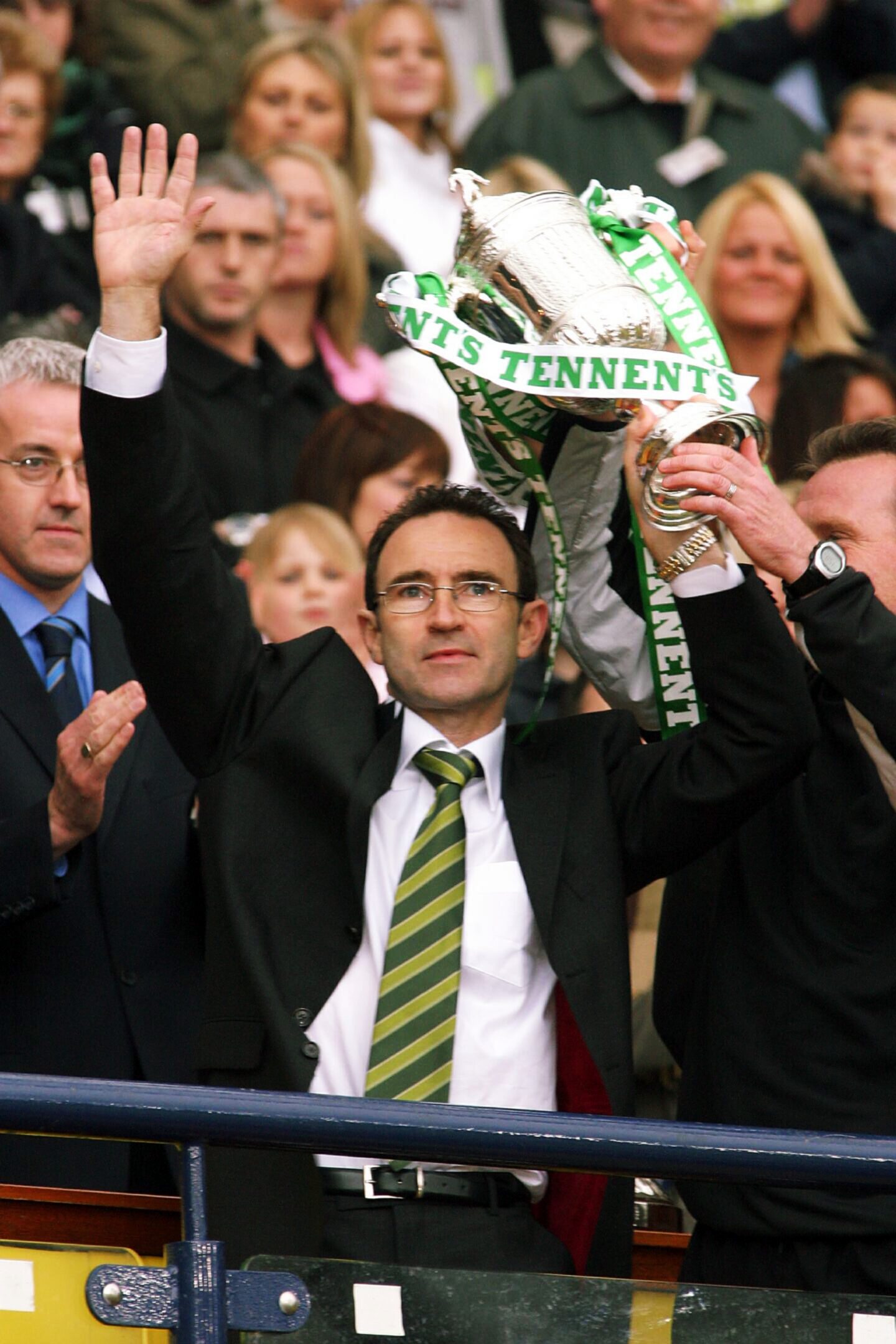
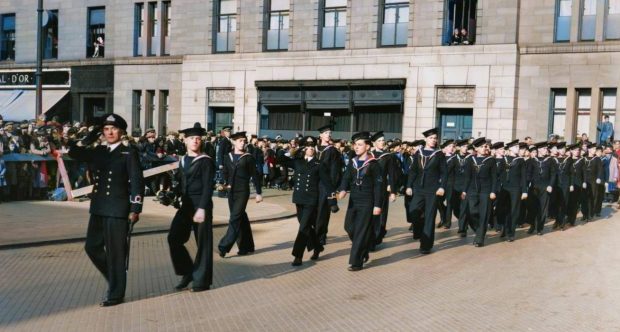
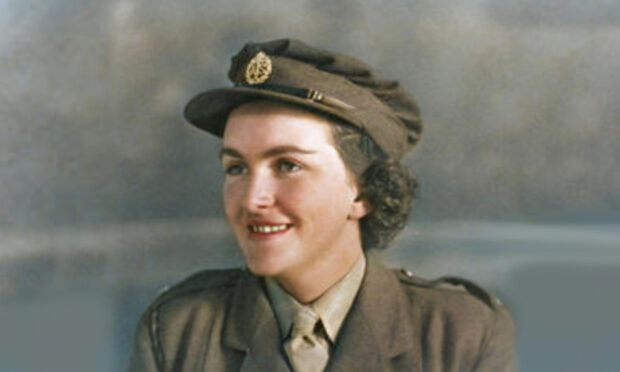
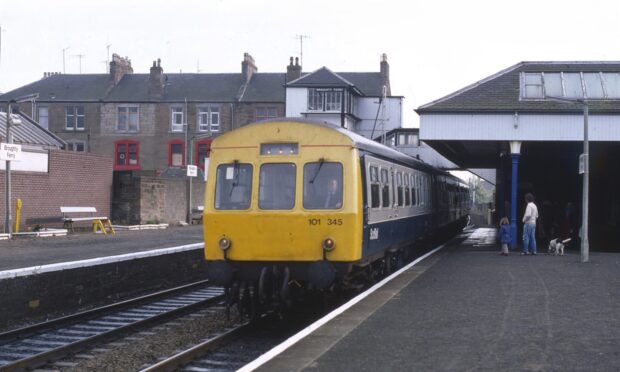
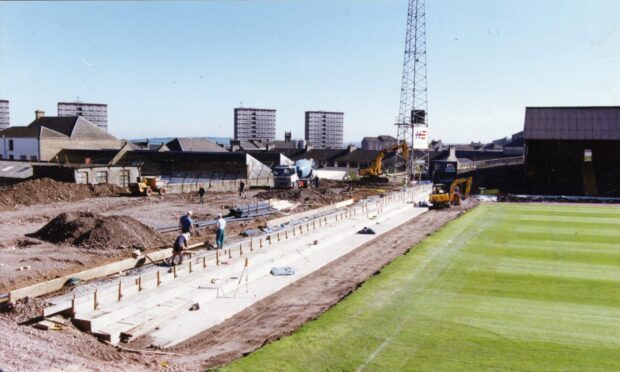
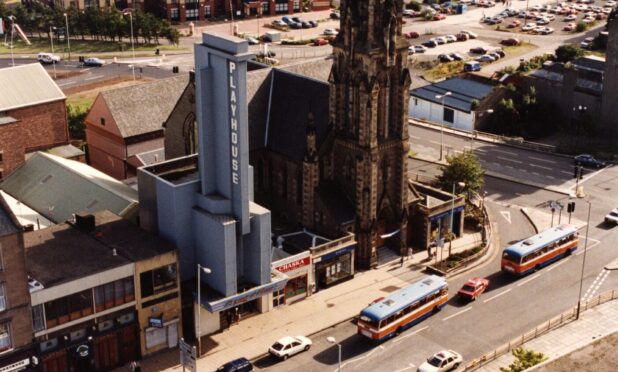
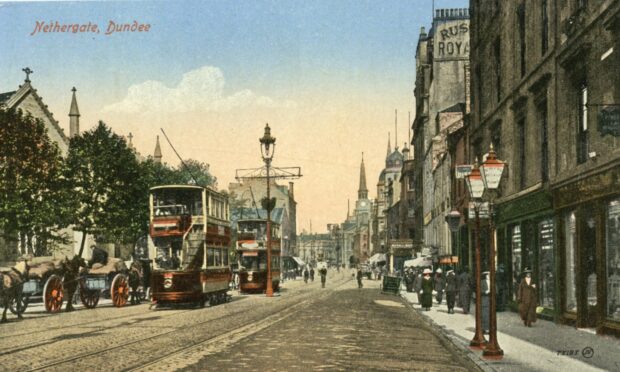




Conversation